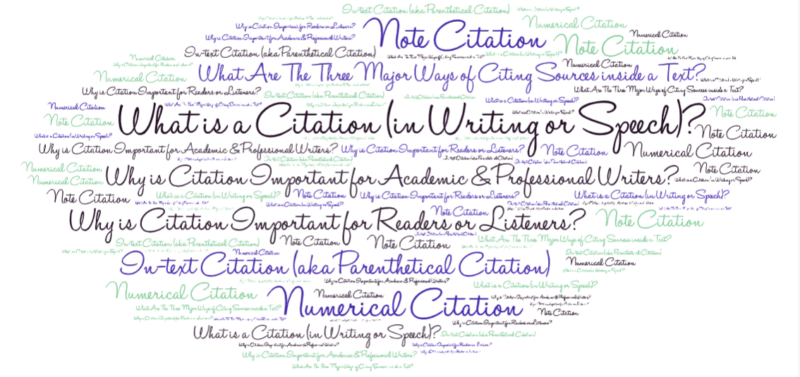An executive summary, a genre of discourse, is a summary of a text that conveys the essence of an original text. An executive summary may be as long as 500 words while an abstract is limited to 150 to 200 words.
Key Words:
Why Do Executive Summaries Matter?
Executive summaries play a powerful role in human communication, particularly among Knowledge Workers.
Knowledge Workers use executive summaries to organize, vet and share knowledge claims.
Why Do Executive Summaries Matter?
Search results typically list bibliographic information (e.g., title, publisher, date) and executive summaries or abstracts. Thus, when engaged in strategic searching, investigators critically review the executive summary, questioning its Currency, Relevance, Authority, Accuracy, Purpose.
Investigators largely determine what they need to read based on their critical reviews of executive summaries.
Different Communities of Practice have different conventions for Executive Summaries. For instance, the NSF (National Science Foundation) permits investigators 500 words (two pages).
Document Design
An Executive Summary is commonly placed just below the title of a research article or report. It precedes the Introduction.
When Should I Draft the Executive Summary?
Executive Summaries tend to be the last section a Knowledge Worker or distribute team writes before submitting the work to a client or to an editor for publication.
Some writers find it useful to revise a draft of the executive summary throughout the conduct of the investigation. The advantage to drafting the summary as you go is that it keeps you focused on the Rhetorical Situation.
For distributed teams of people, the executive summary helps everyone get on the same page about their audience, purpose, stance and so on.





















